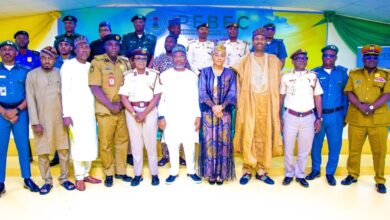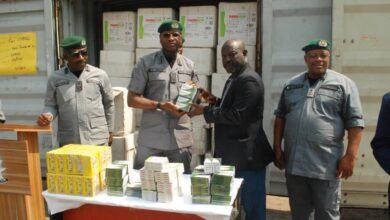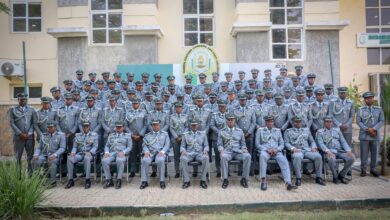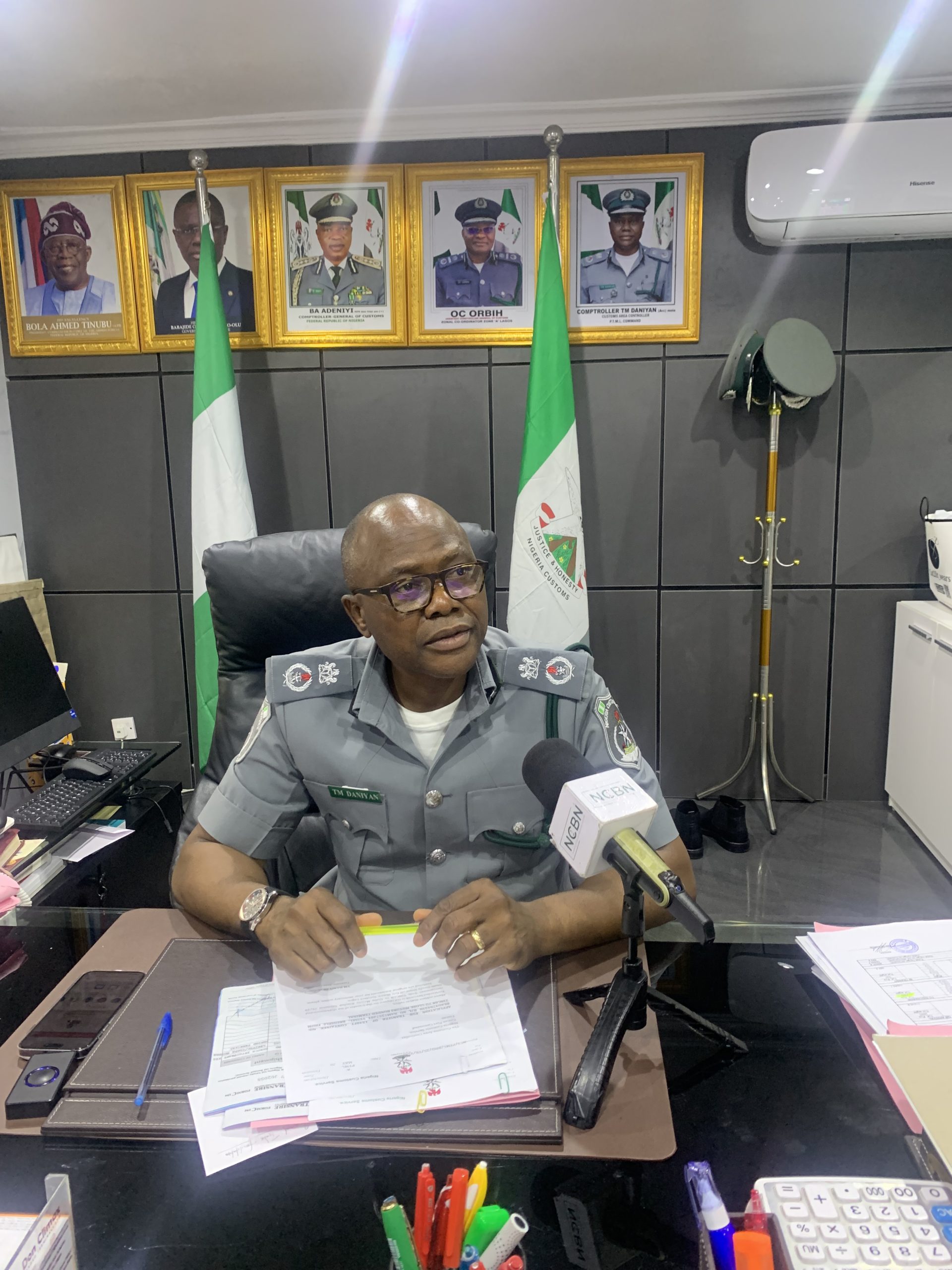
The Nigeria Customs Service Port Terminal Multi-Service Limited (PTML) Command has generated N226 billion since the inception of B’odowgu platform at the command.
Customs Area Controller of the command Comptroller Tenny Mankini Daniyan revealed this at the second phase sensitization on form M and PAAR generation unified customs management system digital platform (B’ODOGWU) meeting held with stakeholders to discuss the implementation of new tools and processes aimed at enhancing trade facilitation
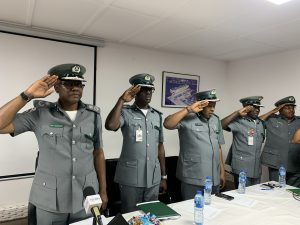
Comptroller Daniyan said the sensitization marked the second round of capacity building workshops since the inception of PAAR production on the B’odogwu platform in the command and the latest session drew a significantly larger audience, a signal that stakeholders are gradually embracing the system.
While acknowledging that no technology is entirely glitch-free, he said the platform’s operational efficiency was rated at over 90%. As dedicated personnel, including a high ranking Assistant Comptroller now serving as B’odogwu Project Manager (BPA), has been assigned to ensure seamless coordination between commands and headquarters in Abuja.
Daniyan assured stakeholders that further sensitizations will continue as necessary, maintaining that every concern is being addressed in real-time as part of a commitment to continuous improvement and digital transformation.
The CAC also responded to concerns raised by stakeholders regarding the integration of banks with the B’odogwu platform. According to the him, the platform allows for seamless transactions between the B’odogwu system and bank platforms through an application protocol interface (API).
He revealed that some banks were initially skeptical about adopting the platform, but have since come on board after realizing its potential. He also attributed the challenges faced by the banks to their late adoption of the platform, noting that some banks were not part of the initial rollout.
He said despite these challenges, the command is optimistic that the banks would perfect their systems and interfaces, enabling smooth transactions with the B’odogwu platform .
B’odogwu Project Manager , Assistant Comptroller Oyindamola Abass Oladepo, in his address expressed gratitude to stakeholders for their role in making the B’odogwu program a success. He emphasized the importance of consolidation,collaboration and innovation in making life easier for trade allies and the economy.
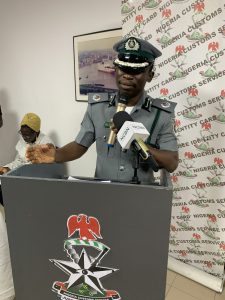
He also acknowledged the Central Bank’s recognition of the B’odogwu system, which was piloted in three commands, and encouraged stakeholders to start using the platform for Form M and PAAR transactions.
Oladepo added that the sensitization meeting was organized to ensure a smooth process for clearing consignments and minimize delays.
He also assured stakeholders that tefforts are being put in place by the command to reduce demurrage and resolve documentation issues promptly while urging stakeholders to cooperate by fulfilling necessary requirements, as collaboration is key to achieving success in trade facilitation.
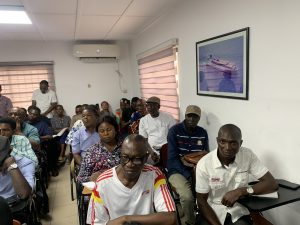
The Secretary , Association of Nigerian Licensed Customs Agents, (ANLCA) PTML Grimaldi chapter and Senior Special Adviser to the National President of the association ,Alhaji Sulaiman Ayokunle , said the sensitization is the offshoot of part of the teething problem stakeholders had when B’odogwu was introduced in the command by the Comptroller General of Customs, Bashir Adewale Adeniyi in 2024.
He said stakeholders can’t afford to lose a second of their time because their job is directly attached to demurrage and rent . He stressed that stakeholders cannot afford to lose time due to demurrage and rent charges.
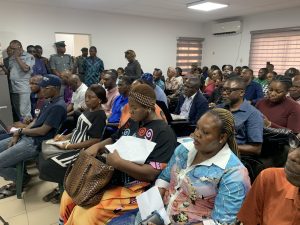
Ayokunle emphasized the need for timely communication and information sharing between the command and stakeholders to avoid falling into the red line. He noted that the sensitization workshop was necessary to clarify requirements and procedures, particularly with regards to the B’odogwu system.
The customs agent also criticized the banks’ level of commitment to facilitating trade through B’Odogwu, calling for more cooperation and efficiency, adding that those banks not ready to comply should be dislodged from the system.
Ayokunle stressed the importance of collaboration among all stakeholders, including customs agents, banks, importers, and the Nigerian Customs Service, to facilitate the smooth clearance of cargo from the port, while noting that the port is not a warehouse, it’s a stop-gap solution,emphasizing the need for efficient cargo clearance.







